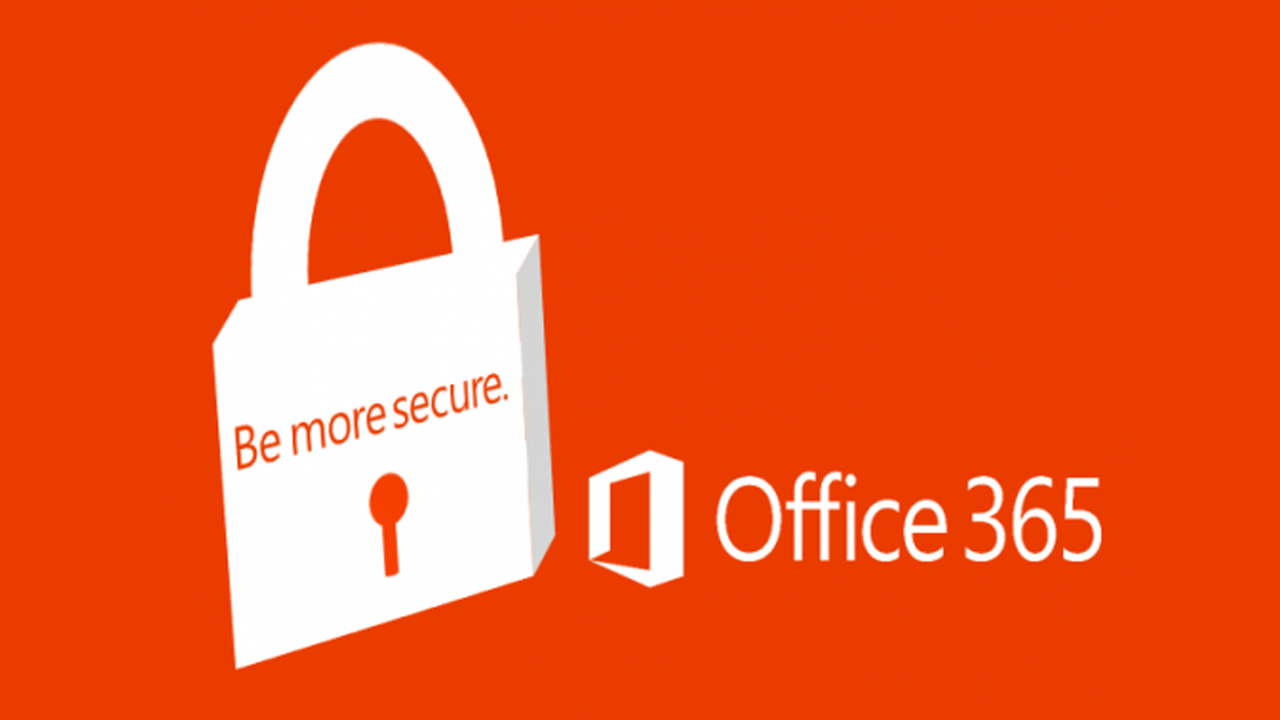Backup Options for Office 365: SharePoint and OneDrive for Business
In today’s Ask the Admin, I’ll look at why you might need to back up data stored in the cloud and two options for backing up Office 365.
Backup in the cloud. Let’s start with that because when you say it out loud, you might pause and think, is a backup of all my cloud data something I really need? Microsoft has several mechanisms in place to deal with data loss, but they’re more about helping Microsoft meet its service level agreements (SLA) than helping you restore deleted data.
Location Redundancy, Previous Versions, and Recycle Bin
Covering its own back, Microsoft spreads your files around different datacenters, so if an outage or disaster should occur at one, data is still available at another geographical location in the same region. Additionally, OneDrive for Business and SharePoint support previous versions, allowing users to roll back to previously saved versions of documents. Deleted documents can be restored from the Office 365 portal for up to 30 days, assuming they haven’t been manually purged from the Recycle Bin.
Offline Synchronization Is Not Backup
While files often get synchronized to client devices so that users can work offline, the cloud data represents a single source of truth, i.e., cloud storage hosts master copies of files, maintaining up-to-date versions of files that are edited offline and across different devices, to avoid situations where multiple versions of files are generated, and any one of them could be deemed the most current – think email attachment hell.
As such, it’s a best practice to back up directly from cloud storage rather than offline synchronized copies of SharePoint sites or OneDrive for Business that users might have stored on their devices. It’s also worth noting that an offline files alone don’t constitute a backup. When a file is deleted in the cloud, the synchronized offline copy also gets removed.
Risk Assessment and Business Impact
There are scenarios in which previous versions and offline files won’t help. For example, if a user wants to restore a file that was deleted more than 30 days ago. At the end of the day, you might decide to take the risk and rely on features built in to Office 365 for restoring data in the event of data loss. However, to be really confident about your ability to restore data, consider a third-party backup solution.
Backup solutions for Office 365 largely fall into two categories: Backup of Exchange Online and Backup of SharePoint and OneDrive for Business. Backup of Exchange Online is more nuanced than SharePoint and OneDrive for Business, so I’ll leave that discussion for another time, although both solutions below do support Exchange Online backup.
CloudAlly
CloudAlly’s Office 365 backup solution uses secure AES 256-bit Amazon S3 storage in the US, Australia or Europe, to store daily backups of SharePoint and OneDrive for Business for an unlimited period of time. It’s also ISO 27001 and HIPAA certified. There’s item-level search and restore, or complete sites can be restored to the same or alternative location or site. CloudAlly also provides zip downloads of site data maintained in the original format.
At $2 for every 5G per month, or $20 a year, CloudAlly provides an affordable and flexible solution. For more information and details about enterprise pricing, see CloudAlly’s website here.
Spanning
A solution from EMC, Spanning Backup for Office 365, performs daily backups of OneDrive for Business, and even if versioning is not enabled, it backs up previous versions of documents too. Snapshots allow users or admins to view OneDrive for Business at any point in time, and then restore all or selected files, either to the same or an alternate location, including the same or different user account.
Spanning is SSAE 16 and HIPAA certified, uses 128-bit SSL when data is in transit and 256-bit AES encryption when it’s at rest. Other features that might appeal to organizations are activity logging, intrusion detection, and easy license management.
Spanning Backup for Office 365 starts at $48 per user a year, and there are discounts for volume purchases. For more information, see Spanning’s website here.
For another perspective on Office 365 Backups, please read Tony Redmond’s article on IT Unity.




